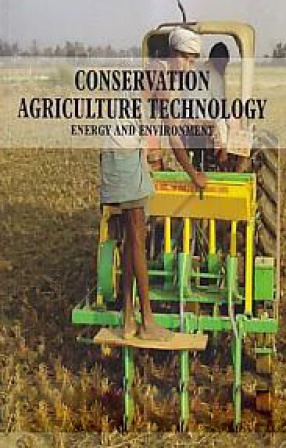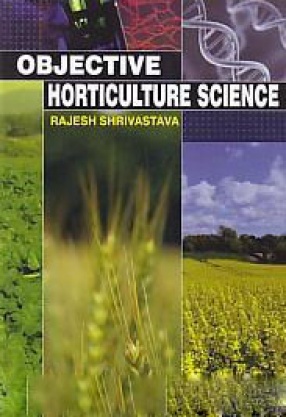Agricultural Sciences: Topics in Modern Agriculture is an updated textbook that covers the main aspects of modern agriculture. This book comprises 23 chapters covering three major areas of modern agriculture, namely, analysis of soils and plants, physiological basis of sustainable agriculture, and agricultural production and society. The opportunity of the book is not only justified by scientific reasons but also because there is an increasing demand of knowledge over these topics by social communities and individual citizens for which agricultural achievements have become crucial operations factors in social development. According to 2010, 45% the world’s laborers are employed in agriculture making it by far the most common labor occupation.
The book is directed to students of several specialties such as agronomy, agricultural chemistry, environmental sciences, plant physiology, plant biochemistry, and plant molecular biology. It is also suitable for researchers and students in plant nutrition, ecology, social sciences, horticulture, vegetable crops and biotechnology. Each chapter has been elaborated by experts of recognized prestige in their respective fields who have carried out pedagogic efforts to summarize in a clear and accurate way many issues that are not even fully understood yet. This book not only supplies basic information but also a certain level of updated and complex information for a better understanding of the scientific and technological goals to be achieved in the near future. For this purpose, and to strengthen the marked pedagogic strategy of each chapter, the publishers have done all efforts to improve the quality of the edition by adding full-coloured figures and schemes. All chapters share a similar structure with a list of items whose titles, contents, and distribution favors an easy and attractive reading. Each chapter includes a brief list of recommended literature, a questionnaire and a summary of problems with their corresponding answers that students can use to self-evaluate their level of learning. This book also aims to awaken the reader’s interest and encourage them to self-improve their knowledge abut the traditional bases of agriculture, its latest developments, and the environmental problems that could be associated to intensive agricultural practices.





There are no reviews yet.